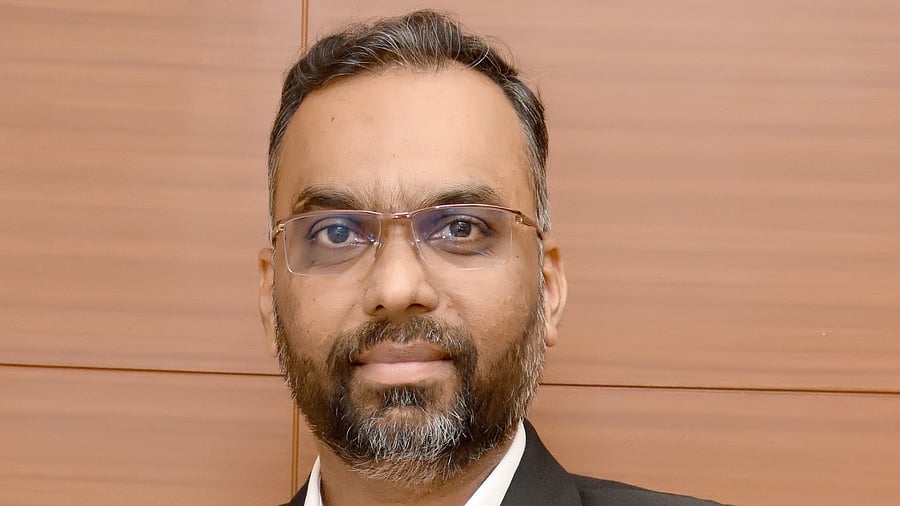
Mahesh Krishnamoorthy, Managing Director, Core Integra
Credit: Special Arrangement
Bengaluru: Medium, small and micro enterprises (MSMEs) have their set of challenges to deal with, across industries and in areas of labour, licenses among others. In a conversation with DH’s Sonal Choudhary, Managing Director of Core Integra, Mahesh Krishnamoorthy, talks about the white spaces that the government can fill in. Edited excerpts:
What are the struggles compliance imposes on MSMEs when it comes to labour?
Labour has been an area that has not really been on the radar of authorities and government for a very long time. There are almost 29 different Acts, which come under labour laws, and till 2019-20 when the government didn't come up with a new wage code. The POSH Act (2013) and Transgender (Persons (Protection of Rights)) Act (2019), are the only recent ones. From a MSME perspective, the cost of compliance is quite high because whether the company is making a profit or not it has certain basic compliances that need to be fulfilled.
If I have a shop, I need an establishment and a trade license, then I need several registrations. If I am doing a manufacturing unit, then I need to get a fire no-objection certificate (NOC), a factory license, manufacturing permissions and other permissions under specific activities.
So, for an MSME, the first challenge is the lack of awareness on the compliances that it needs to fulfill. They have to go to multiple portals, something is online, something is offline, something is online and offline. If you don’t comply, of course, the penalties are quite heavy, reputation risk is there.
A Reuters investigation found Foxconn excluding married women from jobs at its main India iPhone assembly plant, though it relaxed the practice during high-production periods - how do you see this?
When you are making money, the colour of money is green. So, if the production goes up, they will take any person and everything that is available to them. Women have an additional responsibility over men because they have to also look after the family and unfortunately they have to get a maternity break for a year or a year and a half. But women have to handle that and it's absolutely fundamental. While there are work commitments and concerns - it's a leadership skill. Whatever company you run, whatever position you are in, how you are able to maintain an equilibrium between being equal to all the genders, allocating the work in an appropriate balance to it is on you.
India Inc has been vocal about reducing regulatory burden to unleash growth. But if you look at the US or Europe, they, too, have strong regulators for industries and that hasn't affected growth in any way. What's you take on this?
India, China and Africa are growing much faster than the US and Europe. Secondly, the US, Europe, Japan, and Singapore are mature economies. When there are mature economies, you don't really need to go and give different types of concessions and breaks. Whereas, India, China attract investments due to the sops they give.
As AI is growing so rapidly without much regulatory compliance at the moment - how do you think it will pan out in the near future?
If you see the regulations, they don't per se come on AI, but on what output AI is giving or the area of use of AI. So, if I have to give you an example, it is a company which is giving AI solutions. They are subject to the same rules, compliances as any regular company. Second is people who consume its output also have to be compliant and have their own rules and regulations.
So, if you ask, is AI doing anything damaging, the answer is no. It is affecting the job market but the government presently can only promote the ecosystem.
Which sector has the most complex compliance presently?
Manufacturing has the most complex type of compliances because of multiple Acts and governances. Authorities are spread out and there is always a high probability that you will miss out on something or other and it's a global phenomenon because you do a combination of multiple activities. You have a land parcel, buildings, people,machines, raw materials, finished goods, waste,. So, the process itself is complex since the compliances are also at one table.